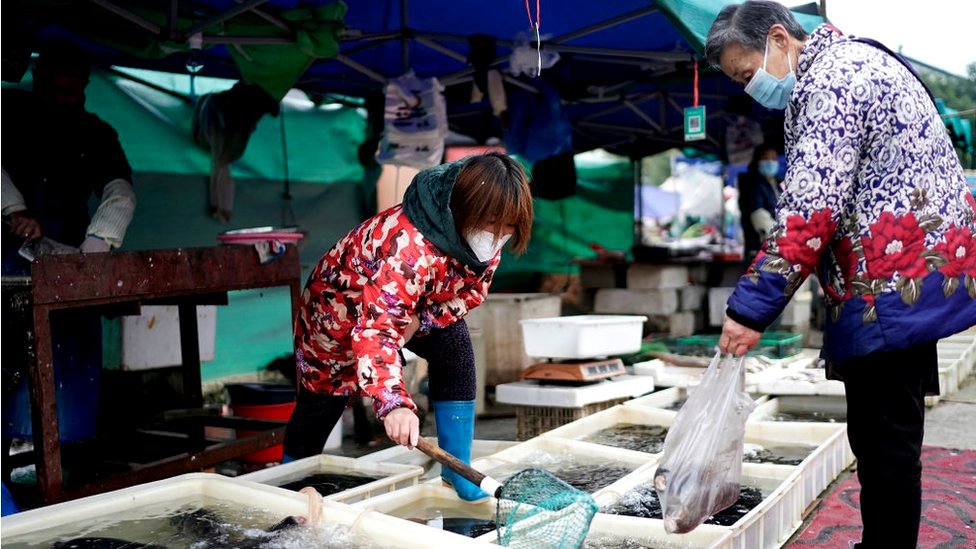China on Wednesday frowned at a joint statement made by the U.S. and 13 other countries who had expressed ‘concerns’ over the World Health Organisation’s (WHO) report on the origins of coronavirus.
Among the concerning countries were Australia, Canada, the Czech Republic, Denmark, Estonia, Israel, Japan, Latvia, Lithuania, Norway, Korea, Slovenia, Britain, the European Union, and then of course the United States
They said in a joint statement that international expert study on the source of the SARS-CoV-2 virus was significantly delayed and lacked access to complete, original data and samples.
Read Also: More Than 10,000 Health Workers Infected In Africa – WHO
Their concern echoed a similar one expressed by WHO Director-General Tedros Adhanom Ghebreyesus.
According to him, China withheld data from WHO investigators who traveled to China to research the origins of the coronavirus epidemic.
‘In my discussions with the team, they expressed the difficulties they encountered in accessing raw data,’ Tedros said.
‘I expect future collaborative studies to include more timely and comprehensive data sharing.’
In its final report, which was jointly written jointly with Chinese scientists, the WHO-led team that spent four weeks in and around Wuhan in January and February said the virus had probably been transmitted from bats to humans through another animal, and that a lab leak was ‘extremely unlikely‘ as a cause.
But China kicking against the request for complete data, said this was evidence of certain countries’ disrespect for science and political manipulation of the origin-tracing issue.
Hua Chunying, the China Foreign Ministry spokesperson said China had repeatedly emphasised that origin-tracing is a matter of science, which should be jointly conducted by scientists all over the world and should not be politicized.
Chunying said politicising the origin-tracing issue was immoral and unpopular and will only hinder global cooperation in the study of the origins of COVID-19.
‘It will jeopardise anti-pandemic cooperation, and cost more lives, which runs counter to the wishes of the international community.
‘These countries should engage in some self-reflection and ask themselves, how their own anti-epidemic work has gone.
‘What have they done for international cooperation in the fight against the pandemic,’ Chunying submitted.
AFRICA TODAY NEWS, NEW YORK

